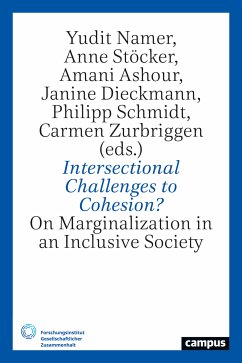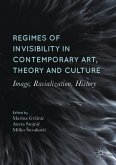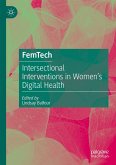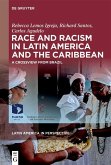Social cohesion and marginalization in international and interdisciplinary perspective From different academic perspectives, the volume highlights realities of life and experiences of people in a diverse society on an individual, social, and political level, which are related to their ascribed non-normativity. The book combines different research approaches and results on intersectionality and marginalization discussing their relation to social cohesion. It contributes to a better understanding of how marginalized groups are marked as »not belonging« based on multiple dimensions and are systematically excluded in terms of participation and other democratic principles. creativecommons.org/licenses/by-sa/4.0/legalcode
Dieser Download kann aus rechtlichen Gründen nur mit Rechnungsadresse in A, B, BG, CY, CZ, D, DK, EW, E, FIN, F, GR, HR, H, IRL, I, LT, L, LR, M, NL, PL, P, R, S, SLO, SK ausgeliefert werden.
Hinweis: Dieser Artikel kann nur an eine deutsche Lieferadresse ausgeliefert werden.









